No, The State (Channel 4) wasn’t a recruiting manual for the Islamic State, though I did feel uneasy about it throughout the four episodes. The fundamental problem is this: if you’re going to make a watchable drama about bad people doing terrible things, you inevitably have to humanise them. And from there it’s just a short step to making them sympathetic.
Peter Kosminsky’s drama followed four British Muslims to Syria to join IS. Shakira, a black convert with a nearly-ten-year-old son, wanted to apply her skills as a doctor; Ushna was a teenager seeking to be a ‘lioness for lions’; Ziyaad was an amiable lunk looking for adventure; and his mate Jalal was a ‘hafiz’ — someone who has memorised the entire Koran — who wanted to follow in the footsteps of his dead brother and witness the Sharia in its purest form.
Needless to say, each was horribly, brutally disabused. But already you see the problem: here were some quite likeable characters — kind, sensitive Jalal, especially — a million miles from the hopped-up, insensate, savage killers we now see roughly once a fortnight bombing, shooting, slashing, van-murdering innocents for the crime of living a normal western life.
Ushna became a revolving bride/brood mare for a succession of martyrs in whose deaths she was supposed to rejoice. Shakira was first forbidden from working (being a mere woman), then asked to do hideous things like remove both kidneys from wounded enemy soldiers for use in transplants, and also had her son snatched for training by IS’s youth terror division, where he and his mates played football with severed heads. Ziyaad, never quite sure what he was doing there in the first place, ended up driving a suicide truck.
Jalal, however, had perhaps the biggest awakening — trying and failing to reconcile the noble, merciful religion he thought he knew with the hellish one before him that endorsed the beheading of captives and the enslavement and rape of Yazidi women. He did his best: buying a mother and daughter from the slave market so as to rescue them from yet more gang rape and beating; befriending the nice local man in the chemist. But it wasn’t enough. The merciless death cult of IS and its implacable law overwhelmed and destroyed him.
So the cautionary-tale trajectory was there, all right, and it made for gripping, moving, effective drama with many shocking moments. It was also superbly acted, obviously well researched and shot, and all the details looked and felt right: the hotchpotch of fighters (Chechens, chubby blond Danes, a Scots ex-army guy, Arabs looking askance) working themselves into a pre-match martyrdom frenzy with their Allahu Akbars; the unmarried women’s quarters, like some hideous 1970s commune, with a passive-aggressive fat American convert enforcing petty rules; some typical dickhead product of the British state education system expounding that, actually, enslaving Yazidis really wasn’t much worse than ‘zero hours contracts’; the bizarre mix of squalor and — in the sheikhs’ and fighters’ quarters — Arabian Nights bling.
Still, though, I’d argue that its insights into this bizarre, grotesque, upside-down hell-world came at a moral cost. Why did we not see Yazidi girls being raped, over and over again, to the point where their only escape is suicide? Where were the crucifixions? How, given his thorough familiarity with the Koran, could a character as decent and intelligent as Jalal ever have nurtured cosy illusions about a state that takes its every detail literally? Well, the answers are obvious and The State inevitably couldn’t resolve them. Perhaps it shouldn’t have been made.
Bake Off is back (Channel 4, Tuesdays) — did you see that effortless segue I just did there from horror to jollity? — and here’s the good news: you really won’t notice any difference. Prue Leith is just as firm but fair as Mary; Noel Fielding (looking a bit lost but he’ll get the hang of it) and Sandi Toksvig exude much the same gadfly silliness as Mel and Sue; Paul Hollywood remains the scary silver fox whose rare, coveted handshakes are worth hundreds and thousands.
What you very quickly realise, though, is that the people at Channel 4 who squandered millions transferring it from the BBC were right: all of the main players — even the mighty Mary herself — were expendable because it’s all about the brand and the idea (and the big white tent on that lovely lawn), not the celebs. No matter how many seasons go by, it seems that we’ll never tire of seeing ordinary members of the public — soon to become characters and our friends — pushing their baking skills to the very limit on impossible challenges and either triumphing unexpectedly or failing spectacularly. And, bloody hell, did you see the cake like a watermelon and the one like a bacon sandwich? Amazing!
Got something to add? Join the discussion and comment below.
Get 10 issues for just $10
Subscribe to The Spectator Australia today for the next 10 magazine issues, plus full online access, for just $10.
You might disagree with half of it, but you’ll enjoy reading all of it. Try your first month for free, then just $2 a week for the remainder of your first year.


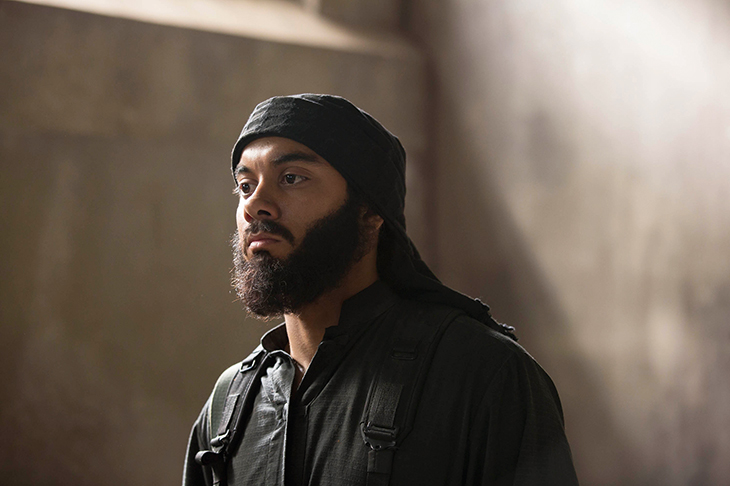
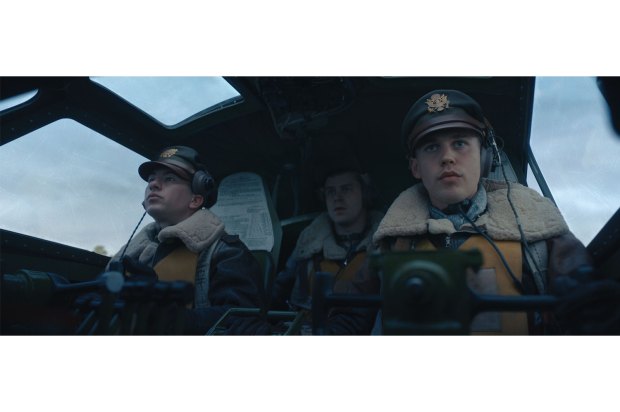

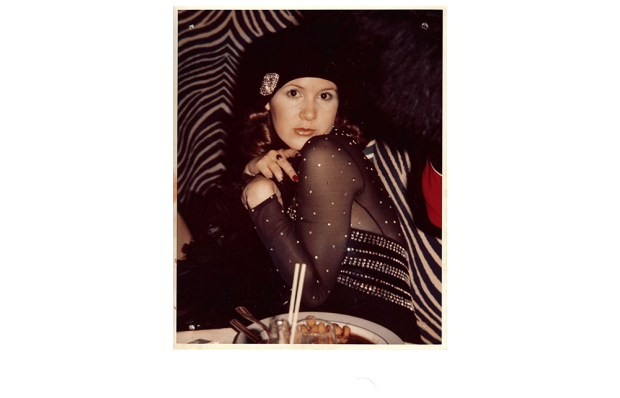

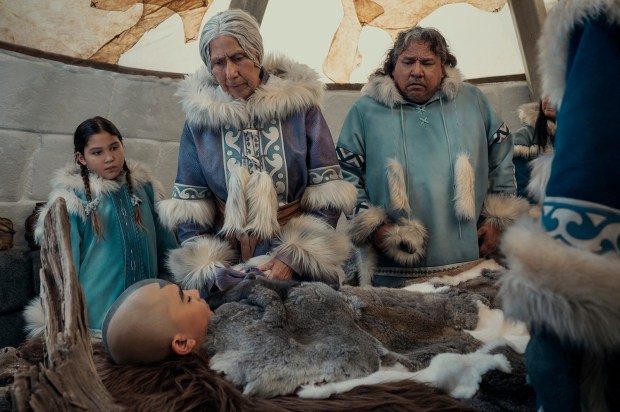
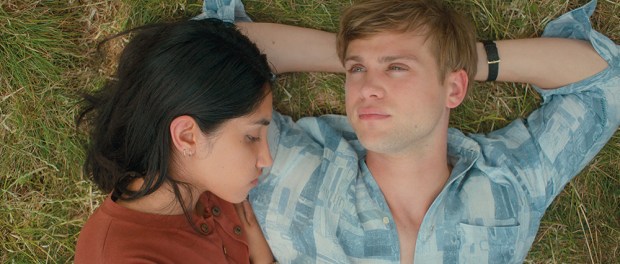






Comments
Don't miss out
Join the conversation with other Spectator Australia readers. Subscribe to leave a comment.
SUBSCRIBEAlready a subscriber? Log in